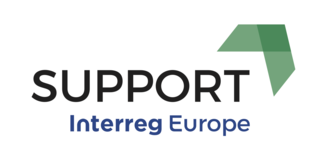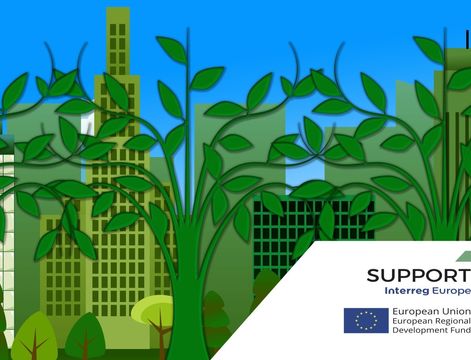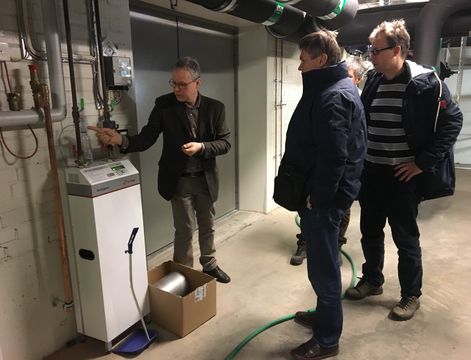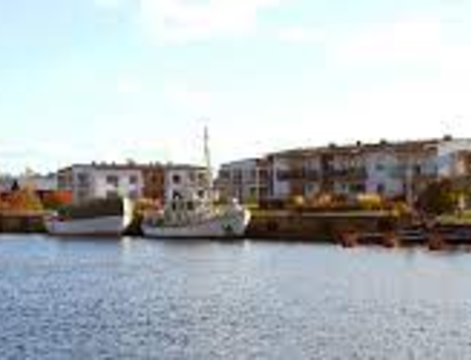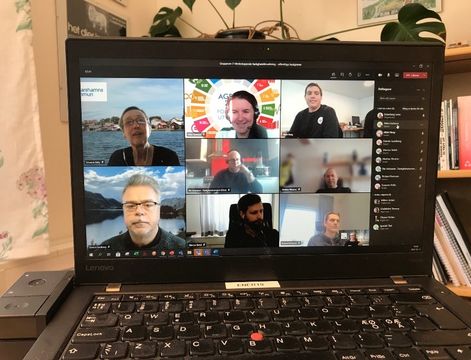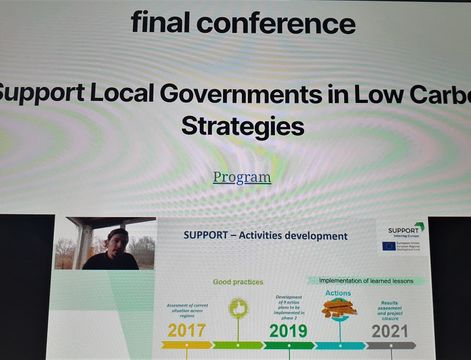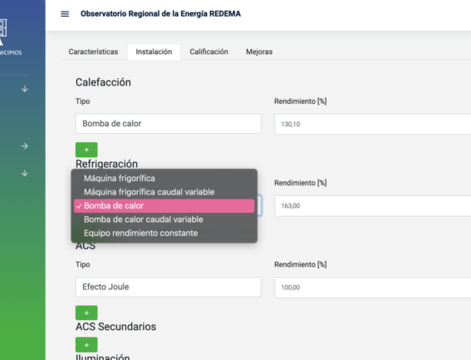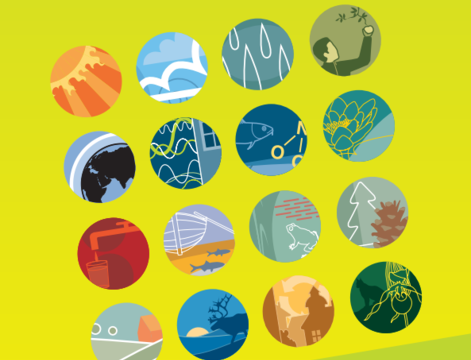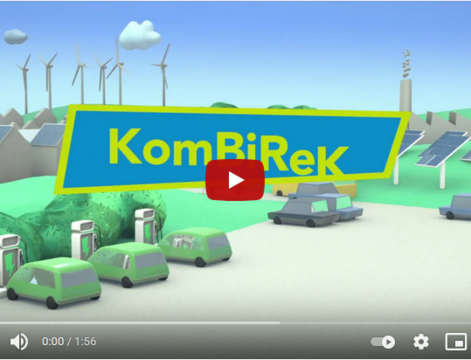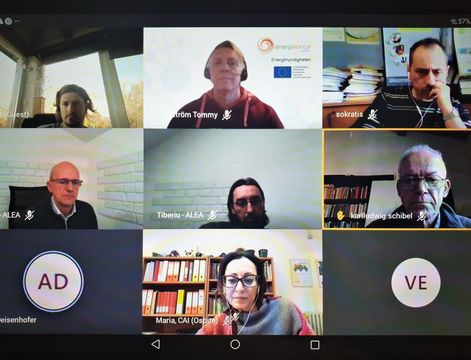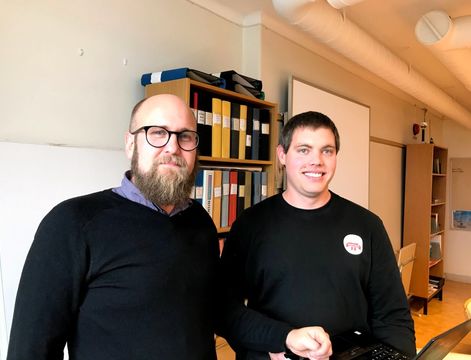Alba Local Energy Agency - ALEA and Centru Regional Development Agency representatives participated in an experience exchange and study visit in Sweden in as part of the Interreg Europe SUPPORT project at the end of April 2018.
 The study visit took 3 days, in which several objectives of interest were approached:
The study visit took 3 days, in which several objectives of interest were approached:
• Renewable fuel for Kalmar municipality fleet and 100% renewable public transport made possible in Kalmar county;
• RES and CO2 targets in Kalmar County. The role of a regional SEAP;
• Monitoring the municipal fleet of Oskarshamn;
• Geothermal energy storage for residential buildings using water-to-water heat pumps in Figeholm;
• Äspö Hard Rock Laboratory and research village in Oskarshamn – Protecting future generations by use of environmentally-safer technology for nuclear waste permanent repository;
• New business markets for renewable energy – smart use of unused/unusable land and roof surfaces for RES electricity production;
• More Biogas production plants - example of circular economy by using biogas production technology - recycling farms waste and cleaning the environment.
The main points of interest were:
• Renewable fuel for Kalmar municipality fleet and 100% renewable public transport
Biogas used in the Kalmar County for public transport fleet are produced locally at a biogas plant. The fleet of vehicles and buses require mass upgrading, old vehicles being decommissioned. In Romania, the main challenges in implementing the concept described above relate to the cost of procurement of public transport vehicles adapted to the use of biogas as well as the costs of developing an infrastructure for the production and distribution of biogas.

• Geothermal energy storage for residential buildings
Housing blocks with water-water geothermal systems have been put into practice, working together with additional systems to meet the demand for heat and hot water for the residents of the buildings. The systems have been paid using European funding. We have identified a big potential for this example in our country, but the main challenge for implementation is the lack of examples and expertise at national level (housing blocks) and the agreements that individual co-owners of the building must provide for such building-level intervention.
• More Biogas production plants
The biogas production facility was visited during the study visit. An agreement between farmers' associations in the area (especially cattle breeders) agreed that farm-related waste should be regularly harvested and transported using special tanks at the biogas plant which have the capacity for collection of waste, storage, processing and distribution in the region. At regional and local level in Romania, the implementation of this solution is at this time limited by the lack of solid farmers' associations (livestock breeders) and by the low demand for biogas currently available on the market.
The visit was useful in terms of transferability especially due to the diverse solutions implemented in Sweden. At ALEA we started the analysis regarding the possibility of implementing such measures as described above on our region (Centru Region) and now we have a much clearer idea about the difficulties in our country regarding the implementation of similar measures. By adjusting our regional policy tool for sustainable energy development, we try to overcome the main barriers identified as the result of the study visit and propose similar projects.
